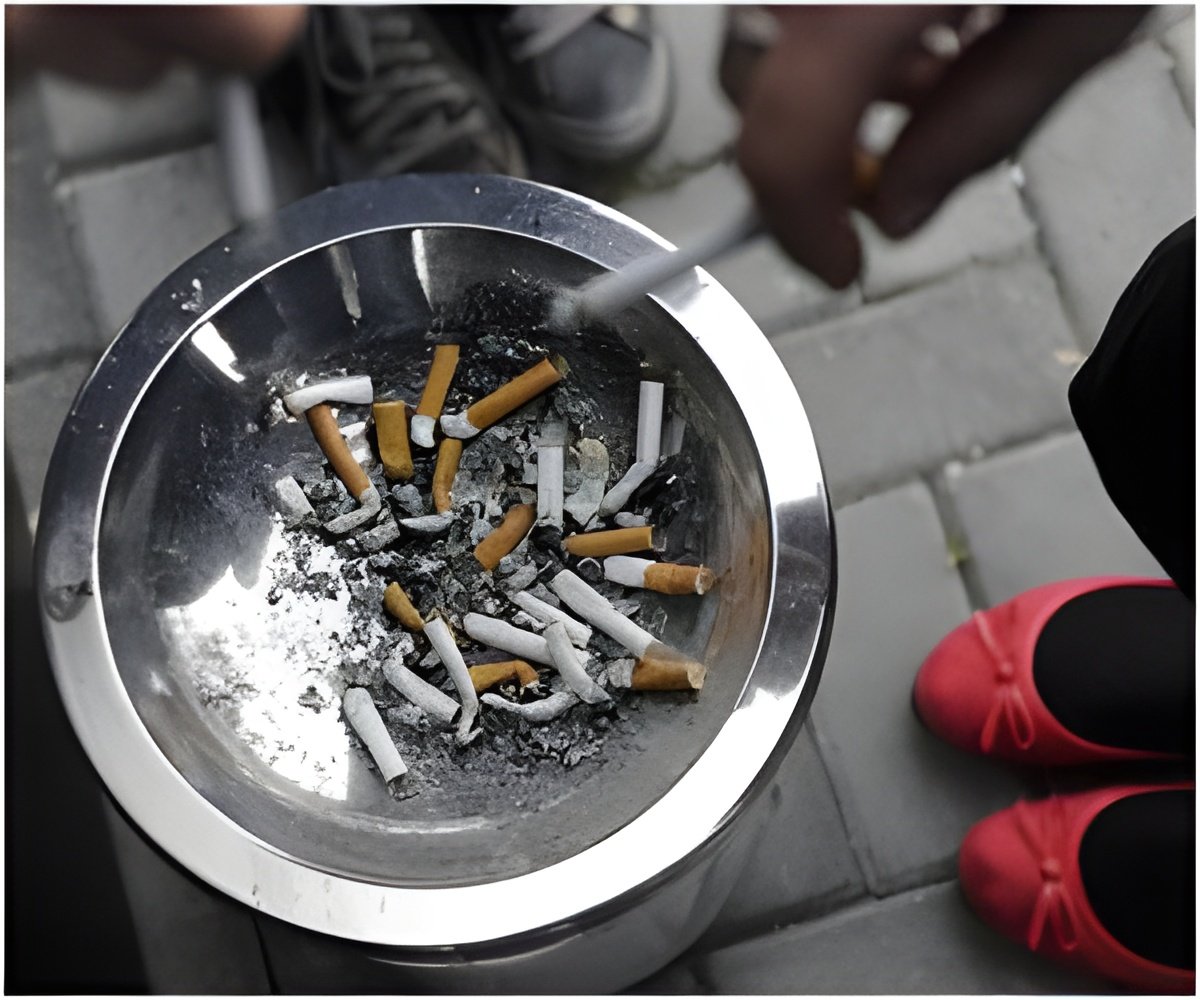
Originally, in 2012, the slashing of the number of outlets allowed to sell tobacco products from 42,000 -- including petrol stations and supermarkets -- to just 7,000 "National Tobacco Shops" run under a state monopoly was billed as a noble attempt to stub out teenage smoking.
But when the list of winners, from a tender process, to own the licences for the new state shops was revealed in April, it emerged that many not only had no experience in the business but had close ties to the ruling right-wing party Fidesz. In some cases they were even family members.
Others were employees of cigarette manufacturer Continental, whose chief executive is a friend of Janos Lazar, Orban's chief of staff and the author of the legislation creating the state monopoly on tobacco sales.
Inflaming matters further, a recording was leaked to the press of the Fidesz mayor of one town telling party colleagues to check a list of bidders and saying "just as long as the (opposition) Socialists don't win any". Similar cases emerged in two other towns.
Speaking at a demonstration against the monopoly, Katalin Szabone, one of the leaders of an angry protest group of tobacconists, told AFP that of 5,145 concessions granted so far, just 60 of Hungary's current tobacconists had won their bids.
Advertisement
"I am too old now to get another job, so I feel very bitter," he said, holding a placard that read "Fidesz has taken away my living".
Advertisement
Moreover, Fidesz -- which enjoys a majority in parliament -- then rushed through a Freedom of Information amendment as suspicions over the concessions grew, which critics said was to ensure that compromising data on the scandal remained secret.
The amendment was vetoed by the president for infringing civil rights, but made its way back into parliament to be approved in only a slightly modified format.
"We're on the road to full state control of public interest information," Miklos Ligeti of Transparency International, one of several civil groups demanding access to bid data, told AFP.
Gergely Karacsony, a lawmaker with the opposition Dialogue for Hungary party, compares the scandal to the cronyism rampant during the communist era that ended in 1989.
"Back then (the elite) got apartments from the party, now they get shops," he told AFP. "It's a mirage that they are trying to curb smoking, in reality it is centrally-organised theft."
And it is not the first time since Orban came to power that suspicions have been raised that those in the ruling party are out to line their own pockets and those of their family and friends.
In the leasing of agricultural land, concession winners' secret bids left local farmers furious at losing out to well-connected individuals and companies.
The authorities are hotly denying accusations of dodgy dealings.
Nor is corruption the only cause for criticism of Orban's Hungary. Other accusations both at home and abroad are of creeping authoritarianism, a muzzling of the press and a soft approach to far-right extremism.
Trust in the opposition is not much greater, however, and Orban's party still holds a comfortable lead in opinion polls before the next elections slated for April or May 2014.
The government insists that the procedure to award the tobacco concessions was fair, with Orban saying that media reports that some winners have ties to the left proves this.
The combative Lazar, Orban's chief of staff, went as far as accusing US tobacco giant Philip Morris -- which has a plant in Hungary -- of stirring up the outrage as they now stand to lose revenue.
But the tobacconists' group insists it will take its case to the EU Court of Justice, while the Socialists have filed a case alleging criminal abuse of power nationwide with the chief prosecutor.
"Losers understandably feel bitter," Petra Legradi, from the National Tobacco Shops agency overseeing the process, told AFP.
Source-AFP










